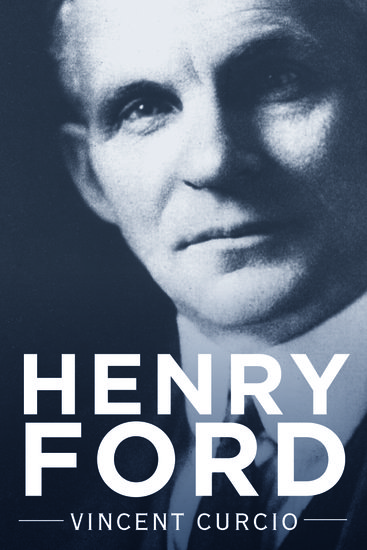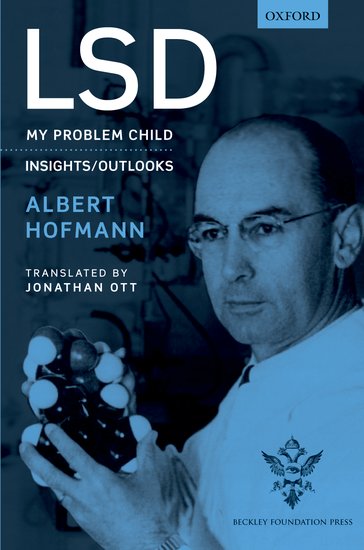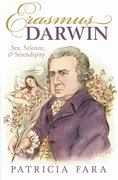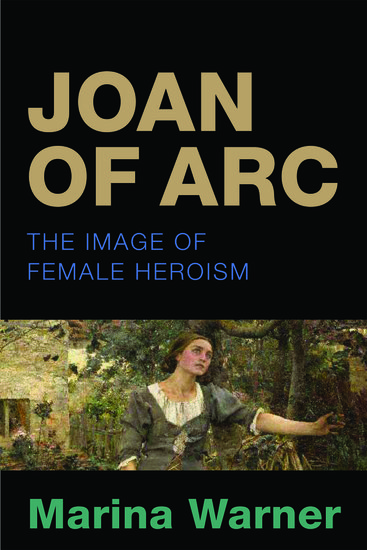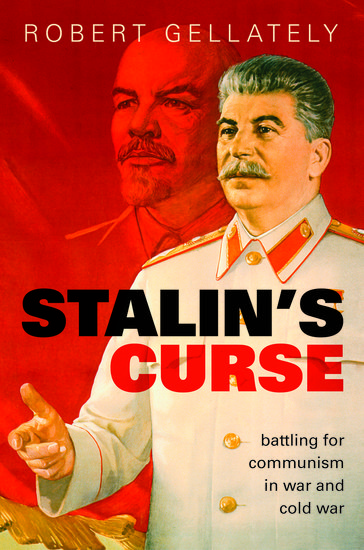60th anniversary of the Coronation of Queen Elizabeth II
On 2 June 1953 Queen Elizabeth II took her coronation oath at Westminster Abbey. Since her accession on 6 February 1952 aged 25, following the death of her father King George VI, the day had been planned in great detail. Our Who’s Who editors take a look at the people who helped to create that historical day.




